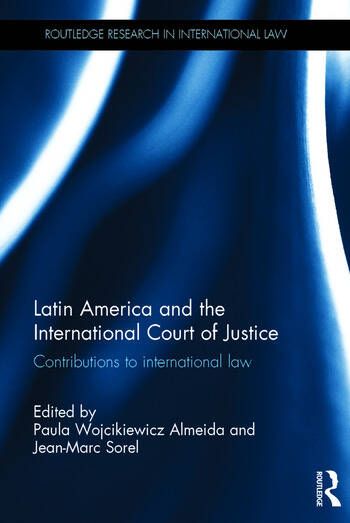
This book evaluates the contribution of Latin America to the development of international law at the International Court of Justice (ICJ) from a multifunctional perspective. This contemporary approach to international adjudication includes an examination of the historical contribution of the region to the development of international law through the emergence of international jurisdictions; the contribution of Latin American cases brought before the ICJ to the development of international law; the contribution of Latin American judges at the ICJ to the development of international law; and the Latin American use of the ICJ and other jurisdictions, which encompasses the Court as both an instrument of the parties and an organ of a value-based international community. The collection shows how Latin American states have become increasingly committed to the peaceful settlement of disputes and to the promotion of international law through adjudication. It culminates with an expansion of the traditional understanding of the function of the ICJ by Latin American states, including an analysis of existing challenges in the region. This book will be of great interest to students and scholars of international law and Latin American studies.